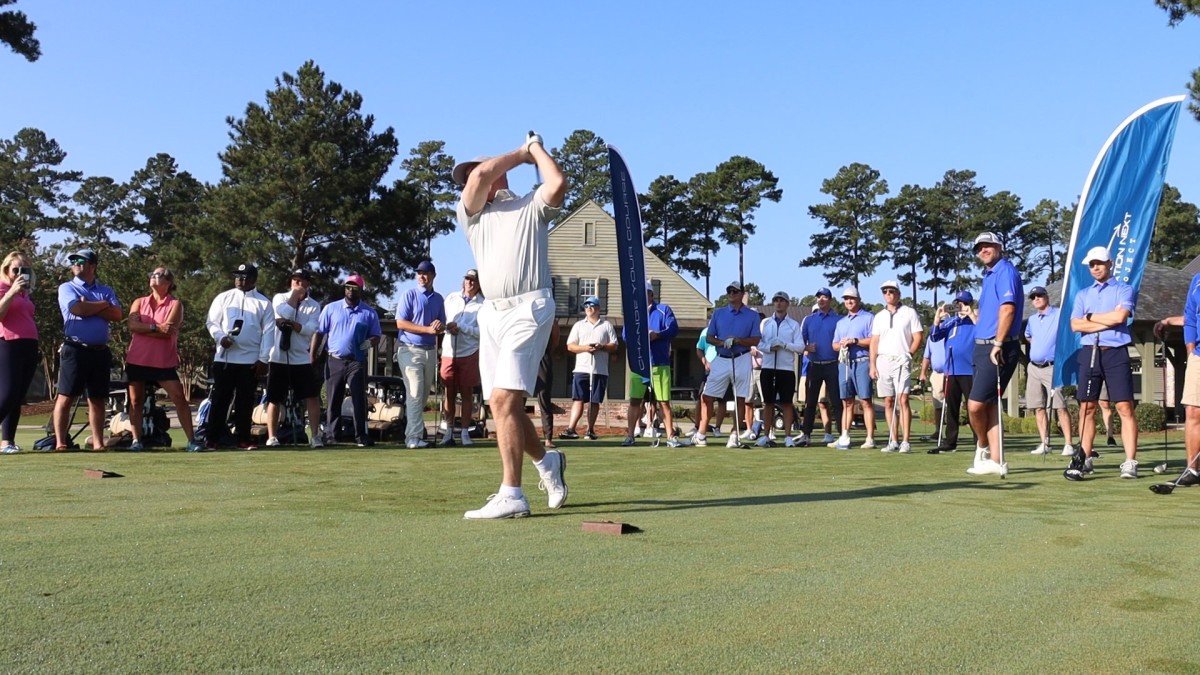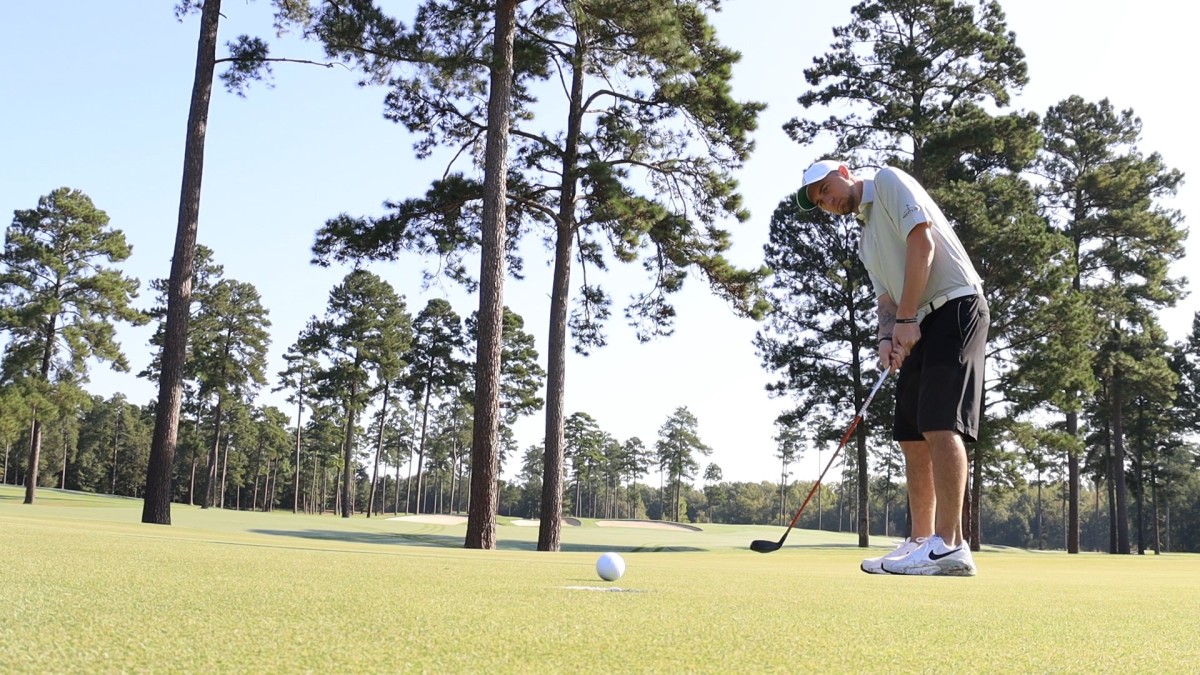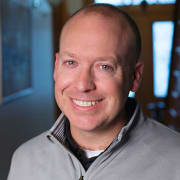A New Initiative Uses On-Course Lessons to Develop Positive Mental Health

First-tee jitters are in vogue right now. With the Solheim Cup and Ryder Cup here, expect to hear a lot about the anxiety of an opening tee shot. Even for the pros, it's a nerve-racking moment.
That anxiety is certainly felt by amateurs, too. But is it any more agonizing than a class presentation, a job interview or even asking someone out on a date?
That's what Robert Jones Black, great-grandson of the legendary Bobby Jones, is asking. And if someone can conquer that first tee, might those other life situations feel less stressful?

That's the crux of the Generation Next Project, an ambitious program created to address the youth mental health crisis that came to the forefront during the COVID-19 pandemic and continues to require attention and solutions.
"If we are going after youth mental health, could we create an experiential learning program that would highlight mental and emotional responses that we come across on the golf course?" Black asks.
In rereading his great-grandfather's book Down the Fairway, Black realized that many quotable passages had something in common: Jones was connecting golf to everyday life.
"Bobby himself was very uncomfortable with pressure and life," Black said. "One hundred years ago, this star had the same issues we see in our athletes today: The struggle to rise to the pressures commanded on them by their respective sport.
"There was my purpose and next step in life: Teach kids through experiential learning how to reprogram themselves through 'intentional thinking' to build resilience, courage, purpose, and a thriving life."
Golf has countless mental scenarios requiring clear thinking to overcome a situation, and the Generation Next Project teaches young people between the ages of 12-22 how to overcome those and learn how that will then help them with real-life scenarios.
Last weekend at Champions Retreat—where in Jones's spirit women compete in the Augusta National Women's Amateur—Black held a showcase for donors, supporters and partners to get an up-close look at Generation Next's "Change Your Course" program.

Over a nine-hole challenge, groups had to work together to overcome an on-course situation. Of course there was that first-tee shot, with everyone watching, and later there was a one-club challenge, a decision to make on a short par-4, a hole where playing by instinct was required (no practice swings or adjusting one's grip!).
"Each hole highlights a mental and emotional response," Black said. "We're teaching perspective, understanding the pluses and minuses of taking shortcuts, risks and rewards."
"When you do these programs, you're hot on it for two, three weeks then it fades away—but six months down the road, maybe a kid gets in a situation where someone can say 'we talked about this' and create positive thoughts."
